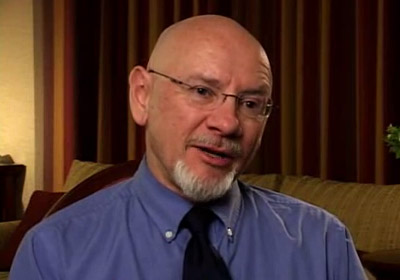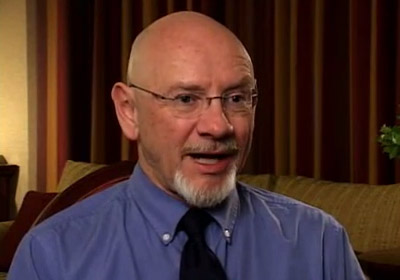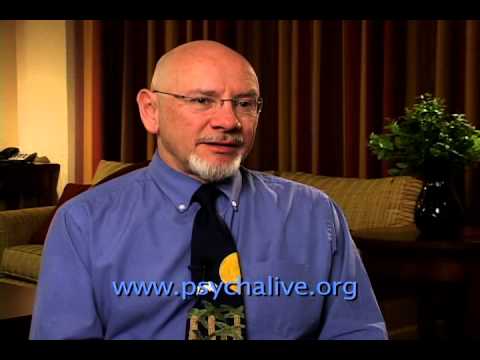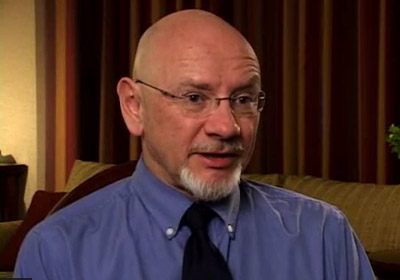
VIDEO: Dr. James Garbarino Offers Practical and Insightful Guidelines for Parenting
Watch an excerpt from PsychAlive’s exclusive interview with Dr. James Garbarino. Dr. James Garbarino advises tips on raising self-disclosing adolescents. Dr. James Garbarino: Well, I think at one level, there are some preventive things. There’s some research on adolescents – parents’ awareness of adolescents’ actual experiences. And the finding naturally was that adolescents who disclose… Read more »
Learn More




